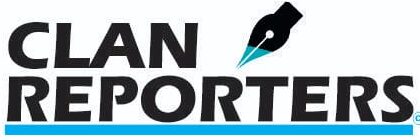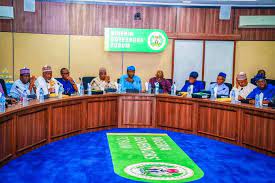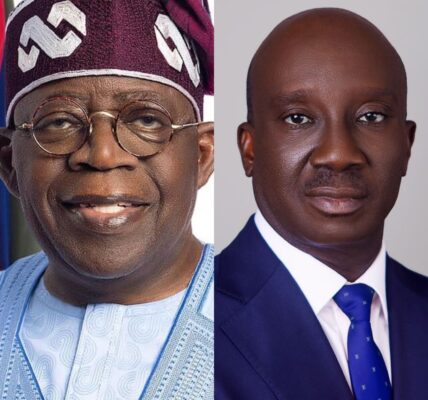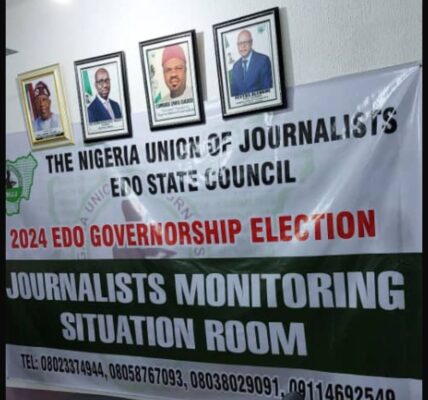Admin
Nigeria’s political environment is often compromised by networks of corruption and cartel-like operations led by some state governors. These networks hinder democratic processes, development, and good governance. To dismantle these entrenched systems of power and promote transparency and accountability, a multi-faceted approach is required. After a careful study here are key strategies and approach to bring down these networks and cartels within the Nigeria’s democratic states.
Strengthening Institutional Frameworks
1. Empowering Anti-Corruption Agencies:
Institutions like the Economic and Financial Crimes Commission (EFCC) and the Independent Corrupt Practices Commission (ICPC) need greater autonomy and resources. Enhancing their independence from political influence and providing them with adequate funding and personnel can significantly bolster their ability to investigate and prosecute corrupt governors.
2. Judicial Reforms:
An independent and efficient judiciary is crucial. Judicial reforms should focus on expediting corruption cases, protecting judges from political pressure, and ensuring fair trials. Establishing special anti-corruption courts could also help in handling such cases more effectively.
Enhancing Transparency and Accountability
1. Public Financial Management:
Implementing robust public financial management systems can ensure that state resources are used effectively. This includes transparent budgeting processes, regular audits, and public access to financial information. Technologies like blockchain could be leveraged to create tamper-proof records of financial transactions.
2. Whistleblower Protection:
Encouraging whistleblowing by offering protections and incentives for individuals who expose corruption can lead to more discoveries of misconduct. A secure and anonymous reporting system can empower citizens and government employees to report illegal activities without fear of retribution.
Promoting Political Reforms
1. Campaign Finance Reform:
Strict regulations on campaign financing can reduce the influence of money in politics. Limits on campaign spending, transparent disclosure of funding sources, and public financing options for candidates can level the playing field and reduce the dependency on illicit funds.
2. Electoral Reforms:
Strengthening the integrity of the electoral process is essential. This includes using technology to prevent vote rigging, ensuring impartial oversight of elections, and enforcing penalties for electoral fraud. Voter education and participation should also be prioritized to create a more informed electorate.
Civil Society and Media Engagement
1. Empowering Civil Society:
Civil society organizations play a vital role in promoting accountability. Supporting these organizations through funding, capacity building, and legal protections enables them to monitor government actions, advocate for reforms, and educate the public.
2. Free and Independent Media:
A free press is a cornerstone of democracy. Ensuring media independence from political and economic pressures allows journalists to investigate and report on corruption without fear. Legal protections for journalists and media outlets are necessary to safeguard press freedom.
Leveraging Technology
1. E-Governance:
Implementing e-governance solutions can reduce opportunities for corruption by automating processes and increasing transparency. Online portals for government services, procurement, and public feedback can minimize direct interactions that often lead to corrupt practices.
2. Data Analytics and AI:
Using data analytics and artificial intelligence to detect patterns of corruption can aid in identifying and addressing misconduct. These technologies can analyze large datasets to uncover irregularities and potential fraud in financial transactions and government operations.
International Cooperation
1. Cross-Border Investigations:
Corruption often involves international networks. Strengthening cooperation with international bodies like Interpol, the United Nations, and foreign governments can aid in tracing and recovering stolen assets. Mutual legal assistance treaties and information sharing agreements are crucial in this regard.
2. Adherence to International Standards:
Complying with international anti-corruption standards, such as those set by the United Nations Convention against Corruption (UNCAC), can guide domestic reforms and provide a framework for accountability.
Conclusion
Dismantling the entrenched networks and cartels operated by some Nigerian governors requires a comprehensive and sustained effort. By strengthening institutions, enhancing transparency, promoting political reforms, empowering civil society, leveraging technology, and fostering international cooperation, Nigeria can make significant strides towards eradicating corruption and building a more democratic and equitable society. The path is challenging, but with commitment and collective action, meaningful change is achievable.





